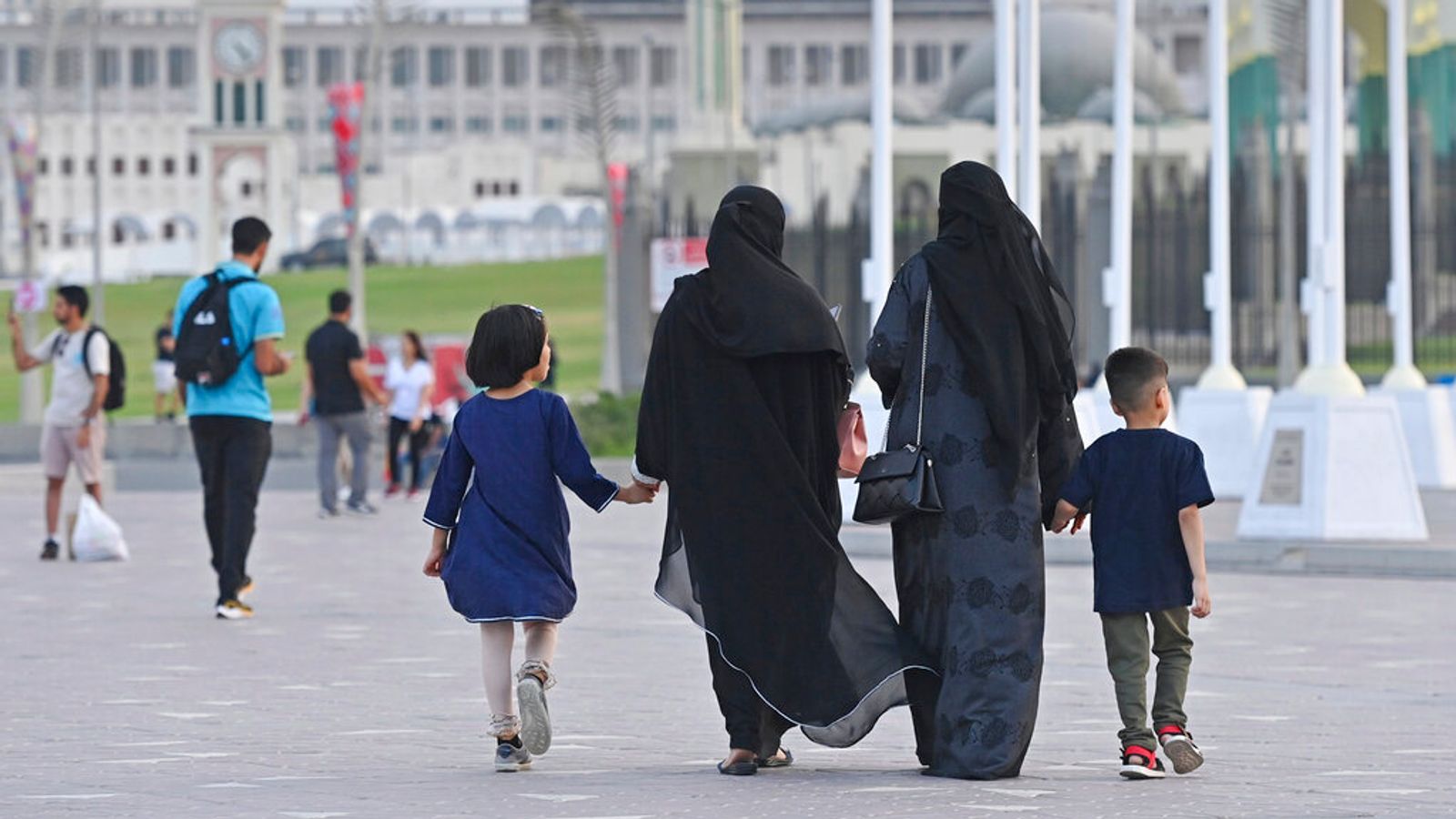France Bans Muslim Students From Wearing Abaya Dress In State Schools
Children in French state schools will no longer be allowed to wear the abaya, a long loose-fitting dress worn by some Muslim women.
The French education minister announced the ban on Sunday ahead of the school term starting at the start of September.
France has a strict ban on religious symbols in state schools and has banned pupils from wearing headscarves since 2004.
“When you walk into a classroom, you shouldn’t be able to identify the pupils’ religion just by looking at them,” education minister Gabriel Attal told France’s TF1 TV.
“I have decided that the abaya could no longer be worn in schools.”
The abaya is usually defined as a loose over-garment, essentially a robe-like dress, frequently worn by women in parts the Arabian Peninsula, most of the Middle East and sometimes in North Africa.
But the question of whether the abaya is a religious symbol is the subject of debate.
Late last year, former education minister Pap Ndiaye identified the abaya as a garment that can “take on a possible religious character” even if it is not an explicitly religious symbol.
The debate continued to escalate this year.
France’s Council of Muslim Worship said the abaya is “mistaken” by some as a Muslim religious sign.
“Any item of clothing is not a religious sign in itself,” the group said in a statement in June.
“You only have to travel through Muslim-majority countries to realise that the citizens of these countries, of all faiths, are indistinguishable based on the clothes they wear,” it added.
In 2010, France banned full face veils in public, angering some in its five million-strong Muslim community.
The country is governed by strong rules on secularity that mean no displays of religion in public institutions.
In schools, the laws were originally aimed at removing any traditional Catholic influence from public education, but have been updated over time to include other religions.
Jewish kippah, “oversized” crosses and other religious symbols are also banned from state schools.











Add Comment